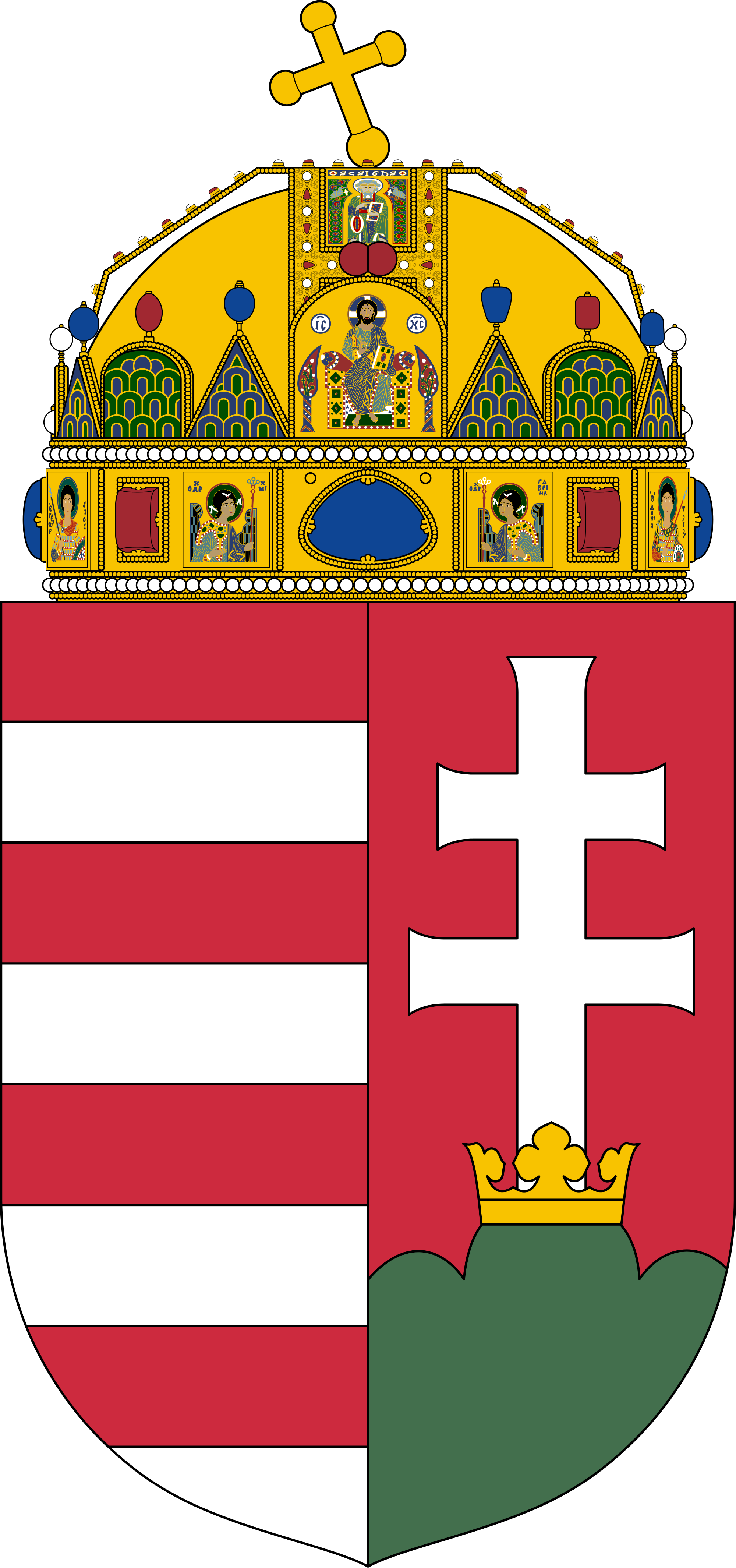Hungary became a Christian kingdom in A.D. 1000 and for many centuries served as a bulwark against Ottoman Turkish expansion in Europe. The kingdom eventually became part of the polyglot Austro-Hungarian Empire, which collapsed during World War I. The country fell under communist rule following World War II. In 1956, a revolt and an announced withdrawal from the Warsaw Pact were met with a massive military intervention by Moscow. Under the leadership of Janos KADAR in 1968, Hungary began liberalizing its economy, introducing so-called "Goulash Communism." Hungary held its first multiparty elections in 1990 and initiated a free market economy. It joined NATO in 1999 and the EU five years later.
Hungary is a parliamentary republic.
Source: CIA World Factbook
Members:
Resources
Displaying 31 - 35 of 52Decree No. 149 of 2012 (XII. 28.) VM of the Ministry of Rural Development concerning the setting out of the territory of competence of district land offices.
The territorial competence of land offices proceeding as real estate authority is set out in Annex 1 to this Decree.
Implements: Act CXLI of 1997 on Real Estate Registration. (2014-12-23)
Implements: Act LXXVIII of 1997 on the Development and Protection of the Built Environment. (2015-03-17)
Decree No. 356 of 2007 (XII. 23.) Korm of the Government laying down detailed rules of land use registration.
This Decree provides for the content of the land use register which is a computerized data base. It consists of a land use sheet and a collection of documents. Part I of the land use sheet contains data regarding the land user, Part II contains information by plots. Articles 6-16/A lays down the rules of registration, while Articles 17-19/B provides for supplying of data from the register.
Decree No. 22 of 2012 (II. 29.) of the Government concerning the National Food-Chain Safety Office.
The National Food Chain Safety Office is a governmental authority under the direction of the Minister for agrarian and rural development. It is the national authority of the Government, competent for plant production, soil conservation, food-chain control, animal husbandry, forestry, hunting, fisheries, wine production, agricultural administration and fruit brandy control. The territorial executive organs of the authority are the agricultural administrative offices of capital and county-level governmental offices.
Act No. XLVI of 2012 on land survey and cartography.
This Act is composed of ten chapters, setting out the duties of the State and regulating land surveys and cartographic activities in order to create a framework for such activities and to provide a professional and efficient service. Chapter 5 deals with the carrying out of land surveys. Property rights are regulated in Chapter 7. Administrative provisions are set forth in Chapter 8. Governance of land survey and mapping is mainly the task of the Minister of Rural Development and in small part of the Minister of Defence.
Governmental Decree No. 11/2011 (II.22.) Korm. containing rules on asset register of the National Land Fund.
The asset register of state-owned agricultural, forestry and other lands must be kept by the National Land Fund Managing Organization. This Decree determines the kind of information to be included in the register, such as data regarding the location of the property or information regarding rights and obligations on a property.
Implements: Act No. LXXXVII of 2010 on the National Land Fund. (2013-05-02)


